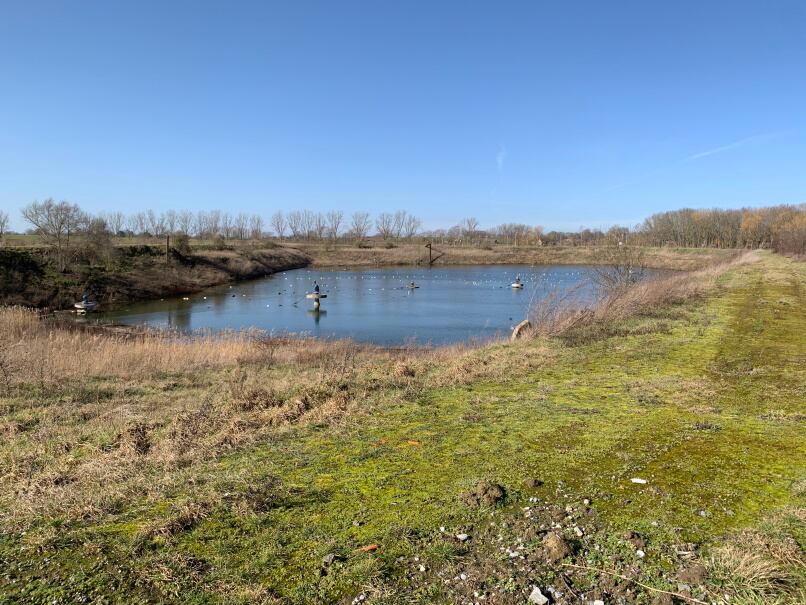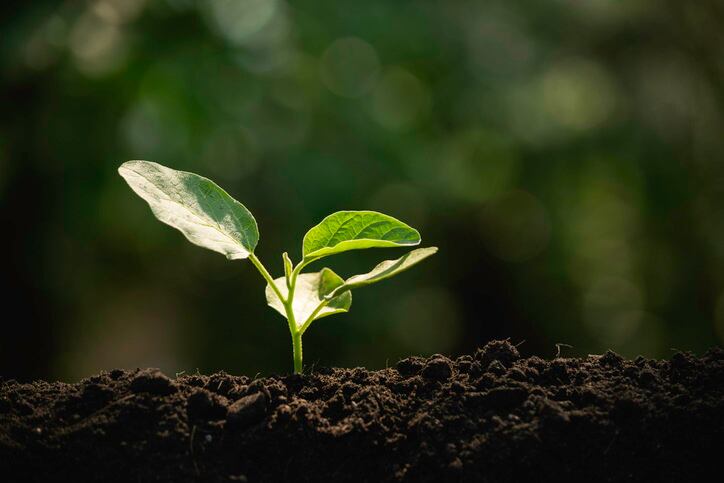Functional ingredient producer Beneo has launched a long-term programme that will promote biodiversity around its Oreye production plant.
In collaboration with not-for-profit environmental organisations Natagora and Natagriwal, Beneo is transforming a former settling pond and the surrounding area into a sanctuary for wildlife, including rare birds, beavers, bats, deer and frogs. The project will contribute to the protection of indigenous and endangered species in Wallonia, at this same time enriching the local community.
“This project is our chance to play an active role in restoring some of the natural equilibrium that has been lost over time through human activity. Our settling ponds are an environment in which fauna and flora thrive and we see it as our responsibility to preserve and nurture them,“ Caroline Moitroux, the environment engineer in charge of the biodiversity programme at Beneo explained.
The history of the settling pond dates back to when water was used to wash and transport sugar beet to the Oreye processing facility. The water was passed through the pond to allow the soil to settle on the pond-bed and the clean water to be re-used. Thirty years have passed since the pond was employed for this purpose and since then it has been left undisturbed.
The result has enabled some spices of fauna and flora to rebound in the area. Reedbeds that have colonised the water’s edge, providing a habitat for migratory and native water birds, as well as attracting deer and foxes. Woodland provides a home to raptors, passerines, rabbits, bats and beavers.
In order to continue to enrich the biodiversity of the space, Beneo has joined forces with Natagora and Natagriwal, who offer expertise in managing habitats and eco-systems as well as executing agro-environmental schemes. For example, Natagriwal is working with the farmers who work the surrounding land to establish ecological corridors between crops and wild areas and sustainable practices.
The, Moitroux told FoodNavigator, is indicative of Beneo’s philosophy that small, incremental changes can result in significant environmental gains. "We want to play our part in building a more respectful world for nature and initiatives, this biodiversity pond project is a key example of the small changes that are possible, that eventually add up to significant environmental benefits.”

So, what are these bigger ambitions?
Firstly, Beneo has committed to achieving net zero by 2050. “Sustainability is part of Beneo’s DNA. Beneo is committed to sustainable development, integrating the economic, social and environmental aspect. Care for the planet is part of our vision for the future and reducing the environmental impact of our industrial activities is a cornerstone of our strategy. Beneo has committed to achieving carbon neutrality by 2050 and we are well on track for this ambitious target,” Moitroux stressed.
To date, much of this work has focused on increasing the efficiency of Beneo’s own operations. "Some examples include our focus on low carbon transport where we now make 2500 fewer truck journeys per year, while still carrying the same volume of ingredients and raw materials, due to our increased use of barge transportation.
“Our main energy source is natural gas and we try and consume this as efficiently as possible. This is followed by biomass fuel. Beneo`s factories use cogeneration of steam and electricity, as well as highly efficient multiple effect evaporation stations and other methods to recover energy. Continuous efficiency programs will further improve energy consumption,” Moitroux said.
The company is also increasingly looking at the agricultural footprint of the inputs it sources. With issues like soil and water health rising up the agenda, to support change at this level of production requires collaboration with suppliers.
“As Beneo’s business is based on agronomic products – chicory roots, sugar beets, rice and wheat – we actively support sustainable farming, to encourage biodiversity and to reduce water pollution and soil erosion. The company’s constant re-investment in technology ensures that all the raw materials we use are subsequently processed as efficiently as possible, avoiding waste.
“We work closely with our contractual farmers and provide consultancy concerning fertilisation and soil conservation. This continuously contributes to ‘best practice’ and sustainable farming,” the sustainability expert elaborated.
“The group’s tie-up with Natagriwal and Natagora also stands as an example of this collaborative approach in action. we collaborate with a rich network of trusted partners, and we rely on them for their experience and skills. We believe that they contribute to our mission of fostering better nutrition and health, and allows us to meet the needs of today, while looking ahead to the needs of tomorrow. This applies for the solutions we build together with our customers for the final consumer, in the domains of nutrition science, collaboration with scientific institutes and universities, or in specific domains of expertise like for example in environment.”

